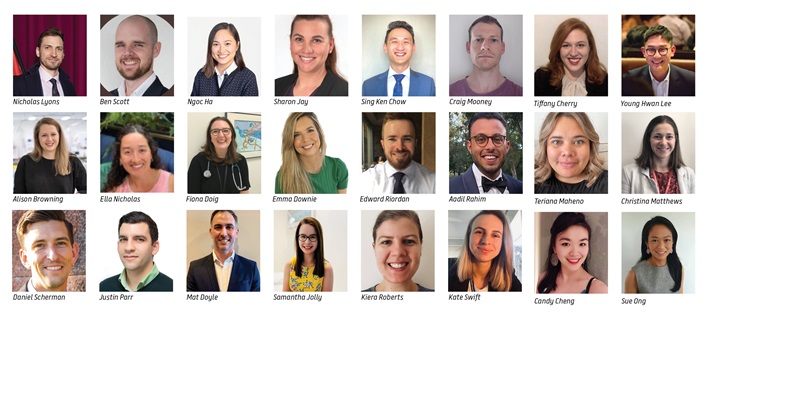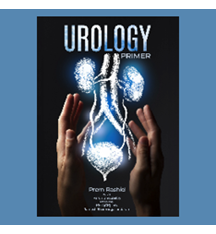2023 | Volume 24 | Issue 2
RACS is encouraging diversity in the Trainee cohort

Author: Dr Justin Parr, RACSTA Chair
The idea that diversity within the medical workforce improves patient outcomes is well established. In the same vein, diversity within our committees and governance structures in the surgical sphere will improve the experience for those represented by those organisations.
Historically, under-represented groups in the surgical workforce have been targeted by equity measures over recent years, leading to a growth in admissions to SET training for women, Indigenous peoples, and those from rural backgrounds. There is still significant work to be done to reach the targets the College has set for itself regarding the diversity of the Trainee cohort.
The RACS Trainees’ Association (RACSTA) was established in 2005 to provide RACS with Trainee-specific feedback and guidance on activities, initiatives and concerns. The College respects RACSTA’s opinions and suggestions on the surgical training experience and potential opportunities for improvement.
The RACSTA committee is one of the largest within the College, comprising of up to 30 members. Each specialty training committee and geographic region overseen by RACS is represented by a Trainee on our committee, along with the executive and co-opted members. Members of the Committee contribute a significant amount of their time while in surgical training to be the voice for Trainees within their specialty groups and regions.
While the nature of the committee means each meeting brings together a range of viewpoints, over the years RACSTA has made deliberate efforts to foster diversity within the committee.
So, what does this look like?
The 2023 Committee are proud to have 60 per cent of its members identify as women (a number, which has steadily increased since 2016 when the RACS Diversity and Inclusion Plan was created asking for committees to commit to 40 per cent women representation), 10 members within Aotearoa New Zealand, and Indigenous and rural representatives.
Our members come from a diverse range of ethnic and socio-economic backgrounds. There is, however, still room to improve, particularly with LGBTQIA+ representation.
This intra-committee diversity allows us to put our finger on the pulse of issues, which inordinately affect these groups.
Access to flexible training and the financial impact of mandatory relocation during training have been highlighted by our committee members as major areas that need improving. These issues have a disproportionately greater impact on women Trainees, those from lower socio-economic backgrounds, and rural Trainees. Without addressing them, the surgical training experience will not improve and the progress towards the goal of a diverse medical workforce will be slowed.
A truly diverse surgical workforce, representing the amazing diversity we see in our own communities, is the objective of equity measures that we employ. By amplifying the voices of the traditionally under-represented groups within surgical governance and policy-making groups, we look forward to driving the status quo towards that goal. Surgeons and surgical Trainees can act as leaders in this arena.
I encourage all Trainees to consider where they can make a difference within their hospital committees, governments, policy-making bodies and, indeed, within RACS itself.
Ngā Manaakitanga.


